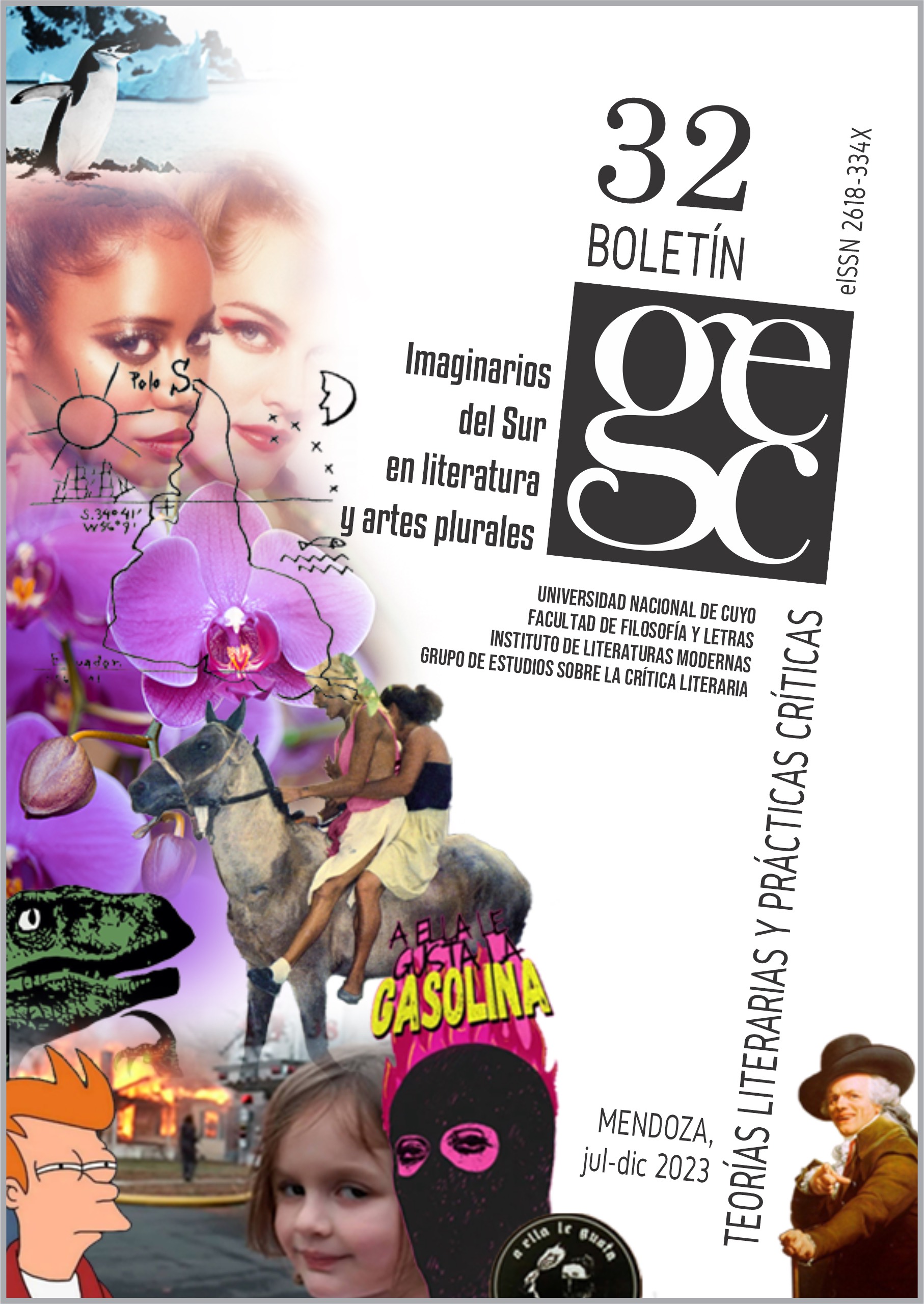Crossing borders in Missing
DOI:
https://doi.org/10.48162/rev.43.043Keywords:
Cine e identidad, Alteridad, Relaciones Norte-Sur, Colombia.Abstract
Missing (2023) tells the story of young American June and her tireless search for her mother, who has disappeared in Colombia. Financially strapped, she receives help from a Colombian man named Javi. This character not only becomes June’s arms and legs in Colombia, but also the key to solving the crime. He also provides moral support to the young woman, who takes refuge in her conversations with Javi as a way of coping with what is happening to her. A North-South, South-North relationship is established, in which stereotypes and clichés associated with both the so-called First World and the well-known Third World are broken down. Missing shows that similar situations can occur in both the North and the South, and that human warmth can be found everywhere.
References
Missing takes the same approach – like Searching, the film plays out entirely on a computer desktop (…) The two movies share further DNA – Missing’s first-time directors, Nicholas D Johnson and Will Merrick, worked as editors on Searching, and Searching’s writer-director, Aneesh Chaganty, is the producer here. (Ide, 2023, s.p.).
Downloads
Published
How to Cite
Issue
Section
License
Copyright (c) 2023 María Rocío Ruiz Pleguezuelos

This work is licensed under a Creative Commons Attribution-NonCommercial-NoDerivatives 4.0 International License.
Aquellos autores/as que tengan publicaciones en esta revista, aceptan los términos siguientes:
- Los autores/as conservarán sus derechos de autor y garantizarán a la revista el derecho de primera publicación de su obra, el cual estará simultáneamente sujeto a la Licencia de reconocimiento de Creative Commons que permite a terceros compartir la obra siempre que no se use para fines comerciales, siempre que se indique su autor y su primera publicación en esta revista, y siempre que se mencionen la existencia y las especificaciones de esta licencia de uso.
- Los autores/as podrán adoptar otros acuerdos de licencia no exclusiva de distribución de la versión de la obra publicada (p. ej.: depositarla en un archivo telemático institucional o publicarla en un volumen monográfico) siempre que se indique la publicación inicial en esta revista y se cumplan las otras condiciones mencionadas arriba.
- Se permite y recomienda a los autores/as difundir su obra a través de Internet (p. ej.: en archivos telemáticos institucionales o en su página web) antes y durante el proceso de envío, lo cual puede producir intercambios interesantes y aumentar las citas de la obra publicada. (Véase El efecto del acceso abierto).








